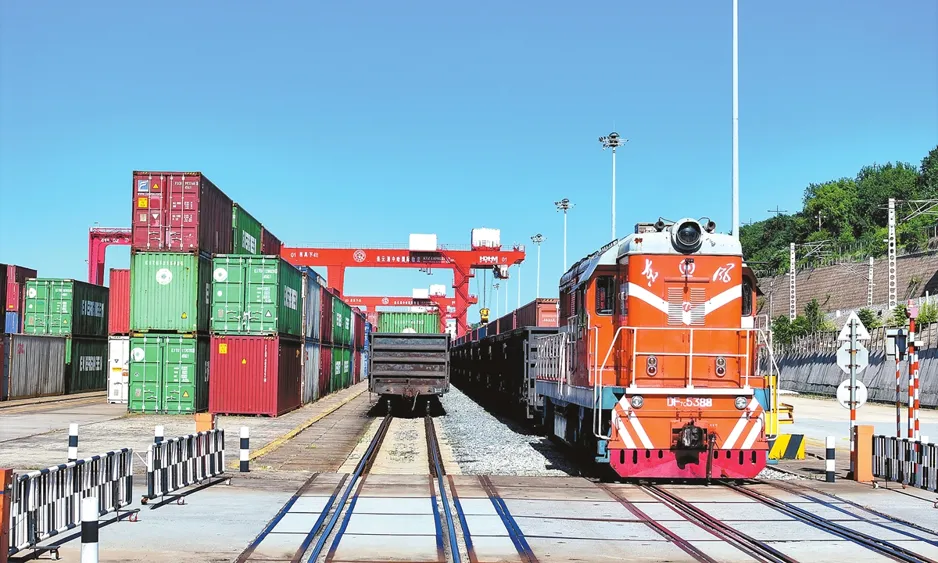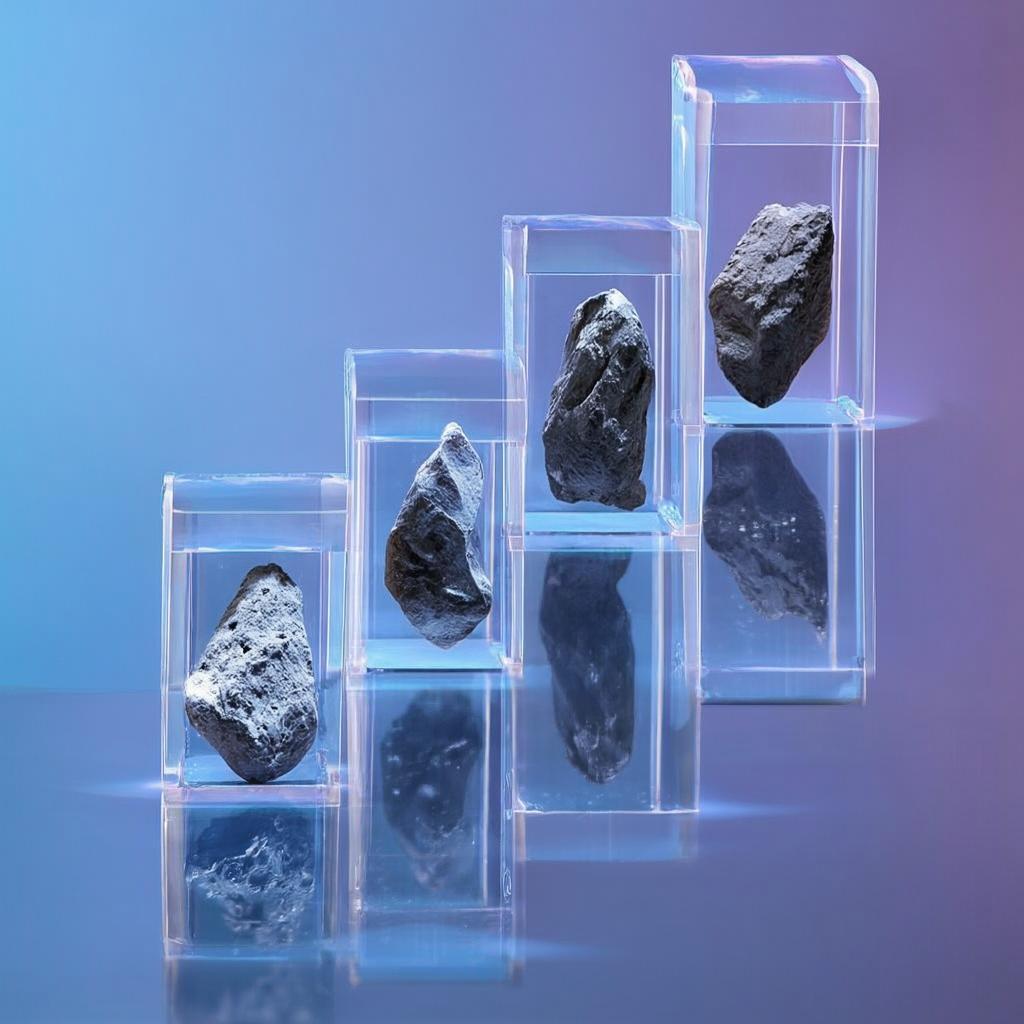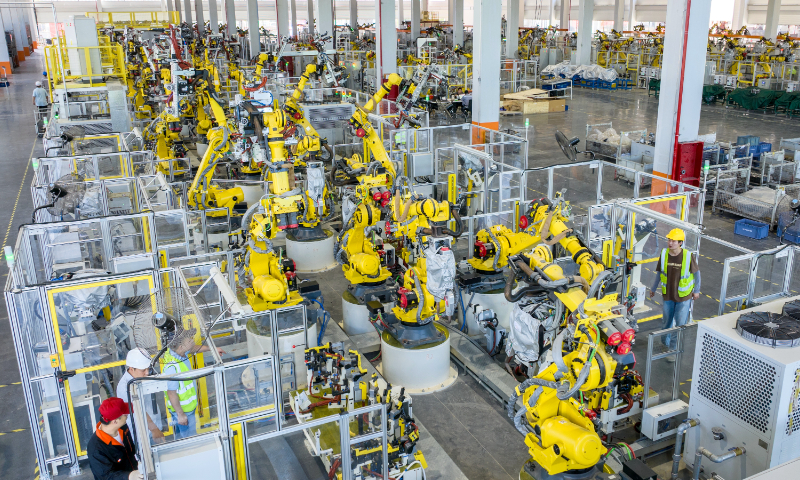China and EU Strengthen Ties to Combat Protectionism and Boost Recovery

As we approach the pivotal year of 2025, China and the European Union are poised to celebrate half a century of diplomatic relations. This milestone presents an opportunity to reinforce collaborative efforts aimed at countering global protectionism and addressing pressing economic challenges.
In discussions surrounding European corporations, such as Mercedes-Benz and Volkswagen, it has been clearly stated that these companies have neither received subsidies from the Chinese government nor encountered discrimination within the local market. Furthermore, Chinese firms are reported to operate at significantly lower profit margins compared to their European counterparts, whether competing in China or within the European landscape.
The disparity in energy costs serves as a crucial point of analysis. China's energy expenses are approximately one-third of those faced by European nations, stemming not from governmental subsidies but rather from structural efficiencies achieved through advances in automation and process optimization. Europe is encouraged to introspect on the reasons behind its own elevated energy prices instead of attributing fault.
This scenario underscores a vital reality: European manufacturing can no longer solely depend on its traditional competitive advantages. Chinese automakers are emerging in the European market with high-quality vehicles that are competitively priced. For European firms, the emphasis should shift towards fostering innovation and enhanced collaboration.
Navigating today's global economy necessitates localized production through joint ventures and partnerships. For instance, significant investments from Chinese companies into battery and energy storage facilities in Poland are reinforcing local green industries. Simultaneously, Korean conglomerates such as LG and SK are finding themselves pressured to innovate further in response to heightened competition from Chinese entities operating in the EU.
Recently, enhanced recognition of China's transformative journey can be observed, with many European individuals shedding outdated stereotypes following direct experiences in China. This evolution includes a remarkable improvement in quality of life within China, modernization of cities, world-class infrastructure, and advancements in cutting-edge technologies.
Moreover, China is actively pursuing strategies to welcome foreign citizens and businesses, exemplified by the introduction of a visa-free policy for Polish citizens, which promotes people-to-people exchanges and enriches strategic partnerships.
Continued trade missions between Poland and China, highlighted by the China-Central and Eastern Europe Expo, are illustrative of a concerted effort to strengthen economic ties. In 2025 alone, numerous business meetings have been organized to facilitate collaboration between Polish companies and Chinese delegations.
Amid growing uncertainties, businesses are increasingly cautious, scaling back investments and retreating into survival mode. With weak PMI indicators across many nations and the unpredictability of US tariffs, companies find themselves grappling with decision-making complexities that ultimately harm their operational capacities.
The evolving justifications for US tariffs, which now appear predominantly political rather than economic, have instigated countries to seek reliable partnerships to maintain stability. This trend is evident in the heightened diplomatic engagements, including high-level visits to China from leaders of numerous nations.
As the EU and China mark the 80th anniversary of the end of World War II alongside their 50th anniversary of diplomatic relations, the importance of political engagement and reflective dialogue on mutual aspirations has never been more pronounced. The recent EU-China summit serves as a promising platform to reaffirm commitments towards cooperation in the face of rising protectionism.
In conclusion, both parties are called upon to provide clear, positive signals to enhance market confidence and foster mutually beneficial economic relations. The ongoing discussions have set a foundation for future collaborations, showcasing a willingness to tackle shared challenges head-on as they move towards a path of mutual prosperity.
Read These Next

Nation Releases Nine Batches of 125.42 Grams Lunar Samples
As of August 8, 2025, China has distributed 125.42 grams of lunar samples, fostering international aerospace collaboration.

Trump's Order: A New Era for 401(k) Investments?
President Trump's executive order allows alternative assets like cryptocurrencies and private equity in 401(k)s, potentially reshaping retirement investment strategies for Americans. While it opens doors to innovation, there are considerable risks involved especially related to investor understanding of these complex assets.

China NEV exports surge 57% from January to July 2023
In H1 2025, China's NEV exports grew 57.1% YoY, totaling 1.199M units, with July seeing a 120% boost, reflecting strong global demand.
